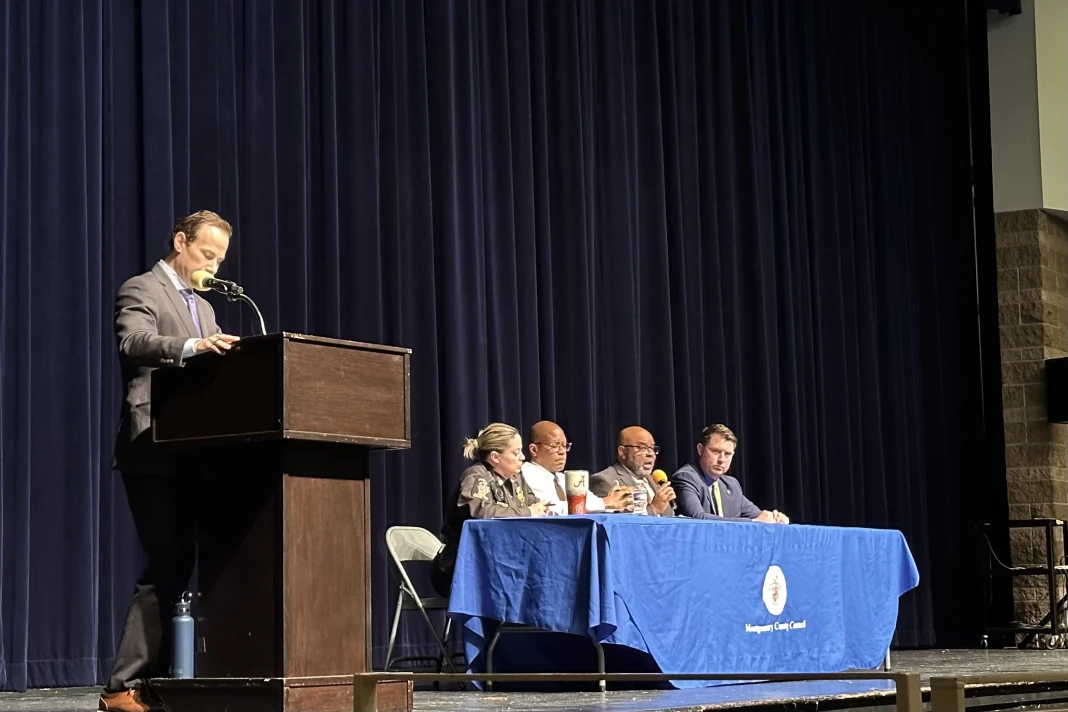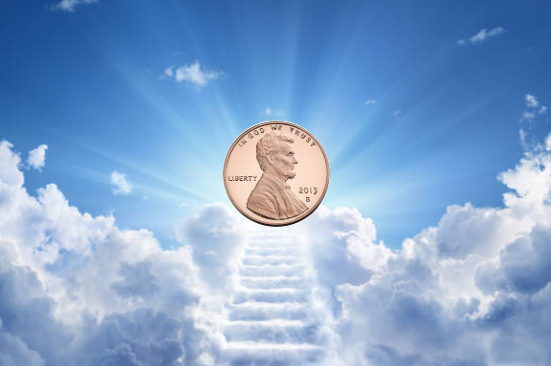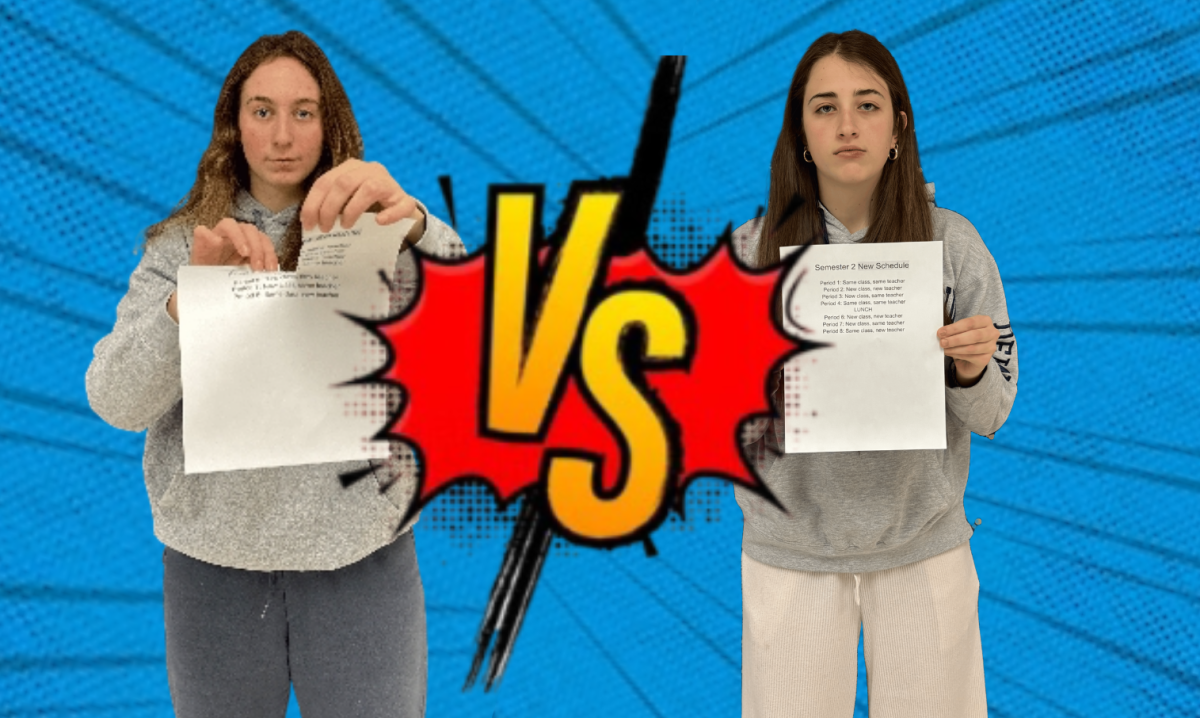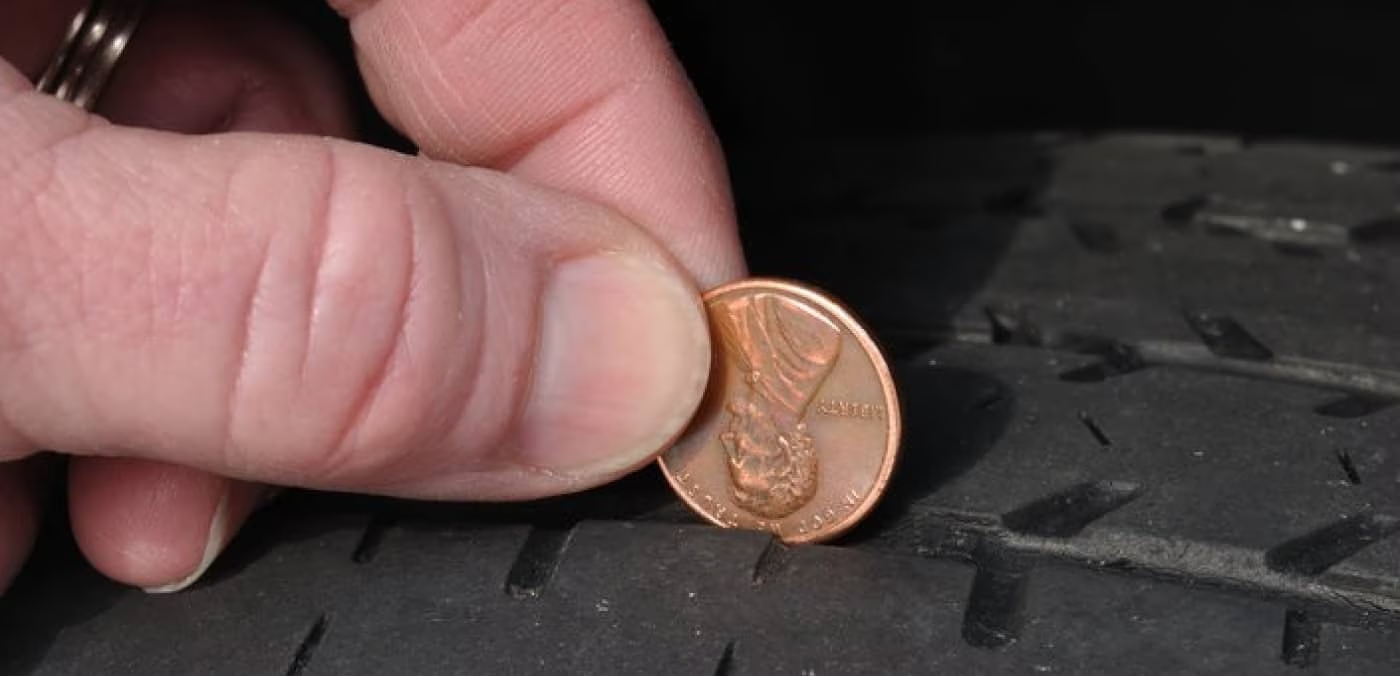The Empire State Building is a renowned landmark in the US, known for once being the tallest building in the world and now, after the destruction of the World Trade Towers, being the tallest of all New York City buildings. So, it may be strange to imagine the 102 story, 1,250 foot high building completely filled with solid waste. How about picturing two and a half of these overflowing buildings?
According to MSNBC, the amount of waste occupied by these buildings is equivalent to the amount of waste created in America by plastic bags, which each take about 1,000 years to decompose.
While shocking at first, this information will seem very plausible with a trip to the local grocery store. When the familiar question of “paper or plastic?” is asked at the check-out line, most shoppers answer plastic, and careless supermarket cashiers generally double-bag groceries or place them into more bags than necessary.
Using an excessive number of plastic bags may not seem like a big deal to shoppers. After all, plastic bags are cheaper to produce than paper bags and the lightweight bags are convenient. However, supermarket customers cannot maintain this environmentally-unconscious mentality because it is robbing sea creatures of their lives and causing further devastation to our already fragile and decaying planet.
According to reusablebags.com, a site advocating for plastic bag alternatives, since plastic bags are not biodegradable—or able to break down naturally in the environment—they perish into tiny pieces of toxic material when they are thrown away by consumers. The toxic material then seeps into the soil and waterways, where marine animals mistake the lethal waste for food.
Based on the environmental website treehugger.com, countries that have passed legislation to moderate the use of plastic bags include China, Ireland, Uganda, South Africa, Russia and Hong Kong. In 2007, San Francisco was the first U.S. city to implement a ban on plastic bags in grocery stores and pharmacies.
So, the question is, why doesn’t America take this environmental threat seriously? Several states, including Maryland, have attempted to pass legislation regarding plastic bags, but such measures have failed. States cannot expect to achieve reform by just advocating for the recycling of plastic bags. Maryland should follow San Francisco and pass strict legislation to ban plastic bags that are not biodegradable.
The organic grocery franchise Whole Foods was successful at decreasing plastic grocery bag usage when it completely eliminated plastic bags in all 270 of its stores on Earth Day 2008. If Whole Foods can do it, then the entire state of Maryland can too. All grocery stores should follow environmentally-friendly Whole Foods and only offer paper bags and reusable canvas bags.
These canvas bags, which can be purchased online or at several local grocery stores like Giant, Safeway and Trader Joe’s, are a practical option. Most of these supermarkets offer rewards for using the eco-friendly bags, usually ranging from 5 to 10 cents per bag. They are durable, compact and often come in vibrant, artistic designs. Honestly, who doesn’t want to save the environment in style?
Change does not occur miraculously over night. Americans must be willing to change in order to see change, even if this means making difficult sacrifices or adjustments to daily routines. While it may be years until Maryland lawmakers come to their senses and make the long overdue decision to ban plastic bags, we can act now and take wiser and more progressive actions towards helping the environmen







